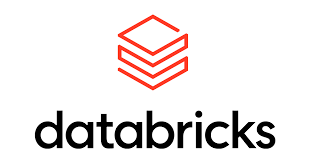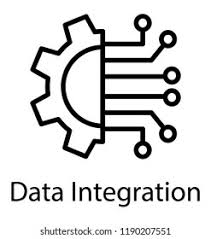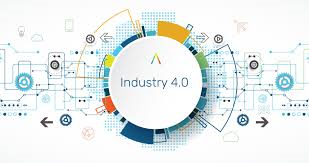
Ab initio
Imagine a completely integrated platform that is agile and robust, that adapts and scales efficiently and works seamlessly with both modern and legacy technologies. Ab Initio is that platform which can manage and process massive amounts of continuously changing data and solve end-to-end computing challenges while driving down the cost of big systems.

Databricks
Enable your organization to use Data and AI effectively across the board with Databricks. Built on lake house architecture, this is an open, unified foundation for data and governance and operates on a Data Intelligence Engine and is equipped to simplify and accelerate your data by identifying the distinctiveness of your data.

Data Integration
Data integration has become critical for companies that want to survive in today's data-centric business environment. By combining data from different sources, businesses can unlock valuable insights to help make more informed decisions, identify new revenue streams, and optimize operations.

Industry 4.0
Industry 4.0, also known as the Fourth Industrial Revolution or 4IR, is the rise of the new digital industrial technology phase. This acceleration is driven by disruptive trends including the exponential increase in data, automation, advanced analytics, and human machine interaction. Shaping Industry 4.0 are intelligent computers or cyberphysical systems that are connected systems which interact with one another using standard Internet-based protocols. In this scenario, sensors machines, workpieces, and IT systems will be connected along the value chain beyond a single enterprise. This revolution is aimed at helping enterprises analyze data to predict failure, configure themselves, and adapt to rapid and unexpected changes by gathering and analyzing data across machines, enabling faster, more flexible, and more efficient processes.

Data-On-Cloud
Transform your rapidly generating data to achieve data intelligence and unify vast amounts of data to acquire relevant business insights with Data-on-Cloud. Create value for your organization through an open, cloud-based data infrastructure that enables the availability, integration, portability, and security of enterprise data.
- Snowflake
- GCP
- MS Azure
- AWS
- Data Analytics
Ab initio

Imagine a completely integrated platform that is agile and robust, that adapts and scales efficiently and works seamlessly with both modern and legacy technologies. Ab Initio is that platform which can manage and process massive amounts of continuously changing data and solve end-to-end computing challenges while driving down the cost of big systems.
Databricks

Enable your organization to use Data and AI effectively across the board with Databricks. Built on lake house architecture, this is an open, unified foundation for data and governance and operates on a Data Intelligence Engine and is equipped to simplify and accelerate your data by identifying the distinctiveness of your data.
Data Integration

Transform your rapidly generating data to achieve data intelligence and unify vast amounts of data to acquire relevant business insights with Data-on-Cloud. Create value for your organization through an open, cloud-based data infrastructure that enables the availability, integration, portability, and security of enterprise data.
Snowflake
GCP
MS Azure
AWS
Data Analytics
Power BI
Tableau
Full Stack
Front End: Java Script, HTML,CSS
Back End: Java ,Django,Python,Node.js,PHP
Industry 4.0

Industry 4.0, also known as the Fourth Industrial Revolution or 4IR, is the rise of the new digital industrial technology phase. This acceleration is driven by disruptive trends including the exponential increase in data, automation, advanced analytics, and human machine interaction. Shaping Industry 4.0 are intelligent computers or cyberphysical systems that are connected systems which interact with one another using standard Internet-based protocols. In this scenario, sensors machines, workpieces, and IT systems will be connected along the value chain beyond a single enterprise.
This revolution is aimed at helping enterprises analyze data to predict failure, configure themselves, and adapt to rapid and unexpected changes by gathering and analyzing data across machines, enabling faster, more flexible, and more efficient processes.
Data-On-Cloud

Data integration has become critical for companies that want to survive in today’s data-centric business environment. By combining data from different sources, businesses can unlock valuable insights to help make more informed decisions, identify new revenue streams, and optimize operations.
Advantages of Data Integration
Data integrity and data quality
Easy, available, and fast connections between data stores
Seamless knowledge transfer between systems
Enhanced collaboration
Complete, real-time business insights, intelligence, and analytics
Increased efficiency and ROI
